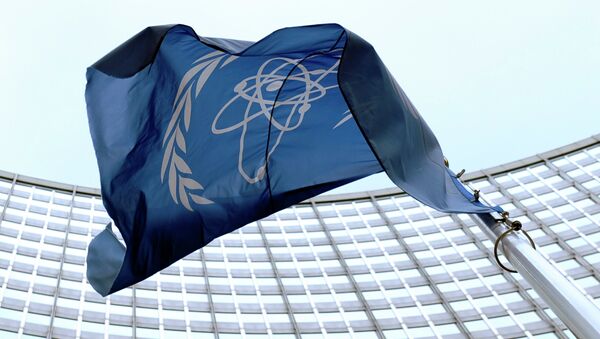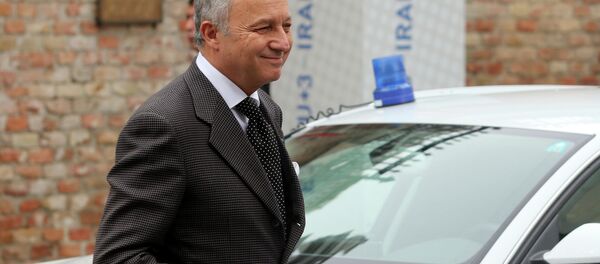VIENNA (Sputnik), Anastasia Levchenko — Supreme Leader of Iran Ayatollah Ali Khamenei said last that international inspections of the country’s military sites should be shunned, which appeared to contradict a framework agreement between Tehran and international mediators reached in April.
On Sunday, the Iranian parliament approved a draft legislation banning such inspections as part of the nuclear deal.
"I think it is important to look closely at what the supreme leader said: he said there should be no unconventional access to military sites. I think that access under the Additional Protocol is very conventional. Many countries around the world have the Additional Protocol in place, and the IAEA has access to military sites in other countries," Kelsey Davenport told Sputnik.
Tehran and the P5+1 group of world powers — Russia, the United States, China, France, Britain and Germany — have to agree on a final comprehensive deal that will secure the peaceful nature of Iran's nuclear program until Tuesday's deadline.
The so-called Additional Protocol to Tehran’s agreement with the International Atomic Energy Agency (IAEA) provides for the best compromise in terms of international inspection of Iran's nuclear sites, the representative for the Arms Control Association advocacy group said.
"I think that is a good compromise, no country would allow card-blanche access to their military sites or anywhere anytime inspections, like some critics of the deal are calling for," Kelsey Davenport said.
She added that the cooperation between Iran and the IAEA was crucial and would help clear past concerns.
"Resolving these concerns helps strengthen the non-proliferation regime at large," Davenport said.


